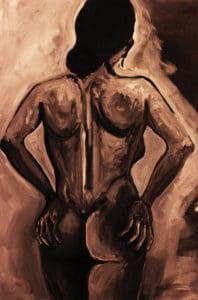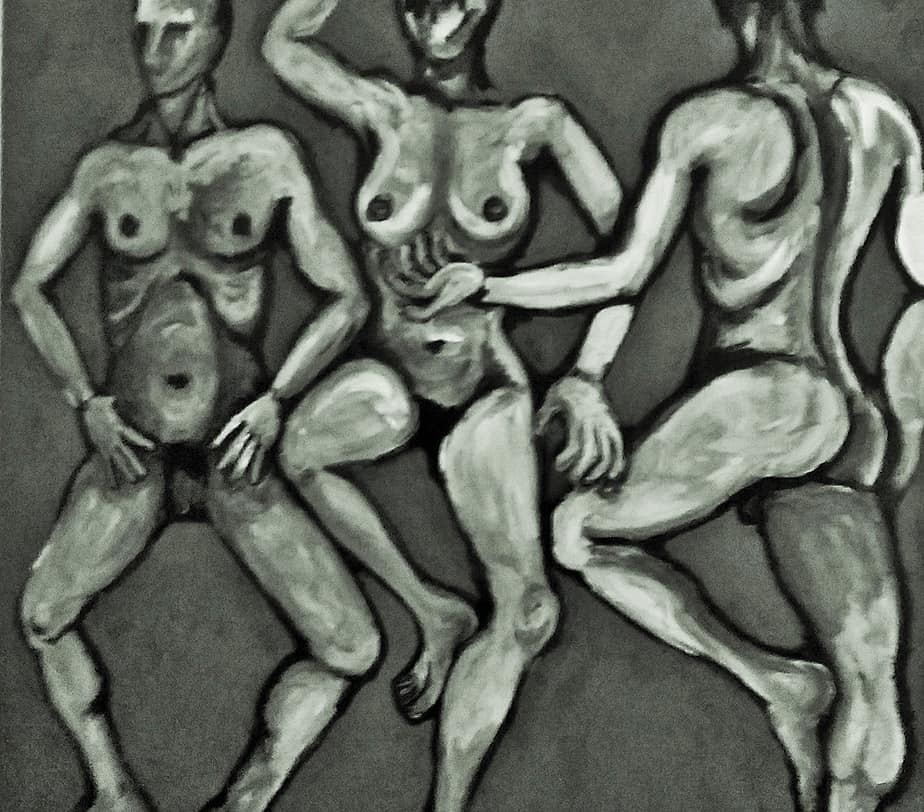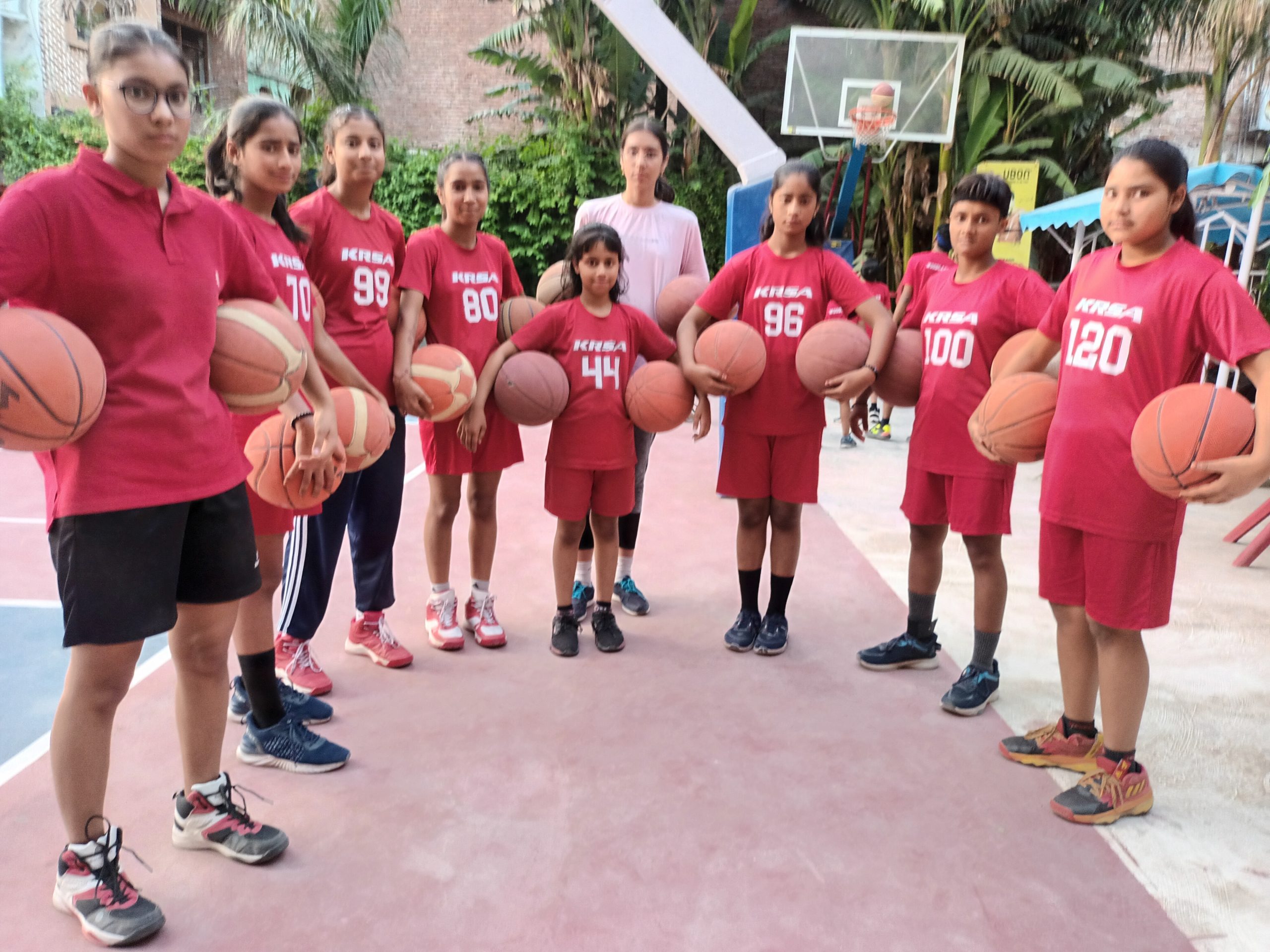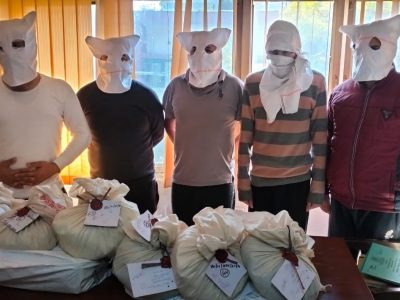The #metoo movement has put me on a sticky wicket where I might end up offending people. But it reminds me what consent really is
I find the two absolutely unrelated: sketching people in the nude, as a hobby that has over the years taken the shape of a social experiment for me and the #metoo movement. But many of my friends, who have not posed for me, have a genuine concern.
They feel that asking people to participate in ‘conversations in the nude’ — where they pose in the buff as I draw inspired by their form and energy — could be offensive to people, to say the least.
This tryst with nudity has taught me a valuable lesson: No is No. I might have offered hundreds of people to participate in ‘conversations in the nude’ and would have been ‘rejected’ by at least by 500 people. I have learned to take a no as a definitive no. A lesson that many, particularly men, need to learn too.
There’s no denying that I push people out of their comfort zones where they are fairly vulnerable and the power equations are skewed in my favour. They sit before me in the buff while I’m dressed, and not going to ignore the fact that they are naked. Instead, would look at them and draw.
They exist in this state of vulnerability, jittery in the beginning, but when they come to terms with their new reality, the power equations change. Some experience a blissful state where they forget that they are naked, and I forget that I’m sketching them. Some even experience — but rarely — solitude in my company. I enter into autopilot mode as far as the sketching is concerned.
Me and my subject are connected with a notional chord, I relive them in a way, and experience with them this out-of-body experience when they bare their external self. They become witness unto self for sometime, and not remain their own self.

Also, nudity becomes a potent force of self-assertion. The cause of vulnerability becomes the reason for empowerment. Some confront me with their puissant bareness. They come and stand close to me and put their arm around my shoulder. They seem to emit hot vapours like a pot of boiling water. I’m affected. But after having sketched more than 200 people, more than half of them were women, I know how to deal with these situations. “You show signs of boredom,” I tell my subject, “Let’s have a cup of coffee.”
The point of this description is that my tryst with nudity, according to those who haven’t posed for me, puts me in the danger of being accused by both men and women, of outraging their modesty by merely asking them if they want to participate. But isn’t the #metoo movement all about consent? Seeking consent is not a problem, never was and never will be. Power play cannot substitute consent.
There are complications. Since it is subjective, I cannot foretell whether it might offend someone. But I assure my subjects privacy and anonymity. Their name is not important, the phenomenon is. However, there are many people in Delhi who have posed for me and exchanged notes amongst themselves. They come back to me and say, ‘Well! I met so-andso and s/he was saying that it was this and that posing for you.’ But I’d just say ‘No comments’.
This ‘no comment’ business has landed me in trouble for it is usually interpreted as ‘I’m not denying.’ People are free to believe what they want to, and they will find reasons for what they want to believe. And I’m not here to convince anyone about anything.
Anyway, one evening I was sitting in a bar at Khan Market with two of my dear friends, who knew each other but not so well. The male friend asked the female friend of mine: “Have you posed for Mihir?” And she said, rather emphatically, a loud, “No.” Then, he looked towards me. And I said, “No comments.” He smiled. My female friend got very irritated, near offended by the fact that I didn’t outrightly say, “No, she hasn’t posed for me”. And she compelled me to say ‘no’, which made him doubt it more.
Then there are some who start throwing names of the possible person while referring to a particular session I described in my book or otherwise, and expect me to give them a yes or a no. They employ the process of elimination to confirm their speculation. Therefore, I just refuse to make any comments. But this female friend of mine, mercurial as she is, didn’t understand, and thought that if I am not clarifying, it will amount to claiming credit for something that hasn’t happened.
I have written about the phenomenon, and did some manipulations to hide the identity of the persons I’m describing — some of them imminent figures, some vocal members of the #metoo movement. But my readers always speculate about their identity.
An editor-in-chief, while offering me a job, asked, “Have you sketched any journalist?” To which I replied, “Many.” But when he asked for the names, I said that I don’t name people who have posed for me. “It’s okay. I’m not going to tell anyone,” he said. But I persisted that I can’t reveal the names. He tried his best, but gave up.
Having dealt with so many rejections, some of which were very hard to deal with — as I was fairly obsessed with wanting a few people, in particular, to participate in my social experiment — now I know one thing for sure. There’s no ambiguity about consent, neither is there any context to it. A person who has posed, might not pose again. And you know for sure, whether it’s a yes or a no. Always! Sometimes, the ‘yes’ takes a while, a ‘no’ might become a ‘yes’ with time, a ‘yes’ might also turn into a ‘no’ with time. Whatever the case, there’s no ambiguity — you’d understand a ‘yes’ or a ‘no’ without an iota of confusion.
No one should be forced into doing anything against their will. But sometimes, people at their own sweet will, in their own sweet way and in their own sweet time, end up doing extraordinary things. I’m a witness.
Sexual exploitation, at workplace and otherwise is a reality in which both men and women are perpetrators and victims as well. Since the society is highly patriarchal, it’s mostly the women who suffer. I support #metoo and would support men as well, like women, to come out in the open and declare their victimhood at the hands of other men and women.





